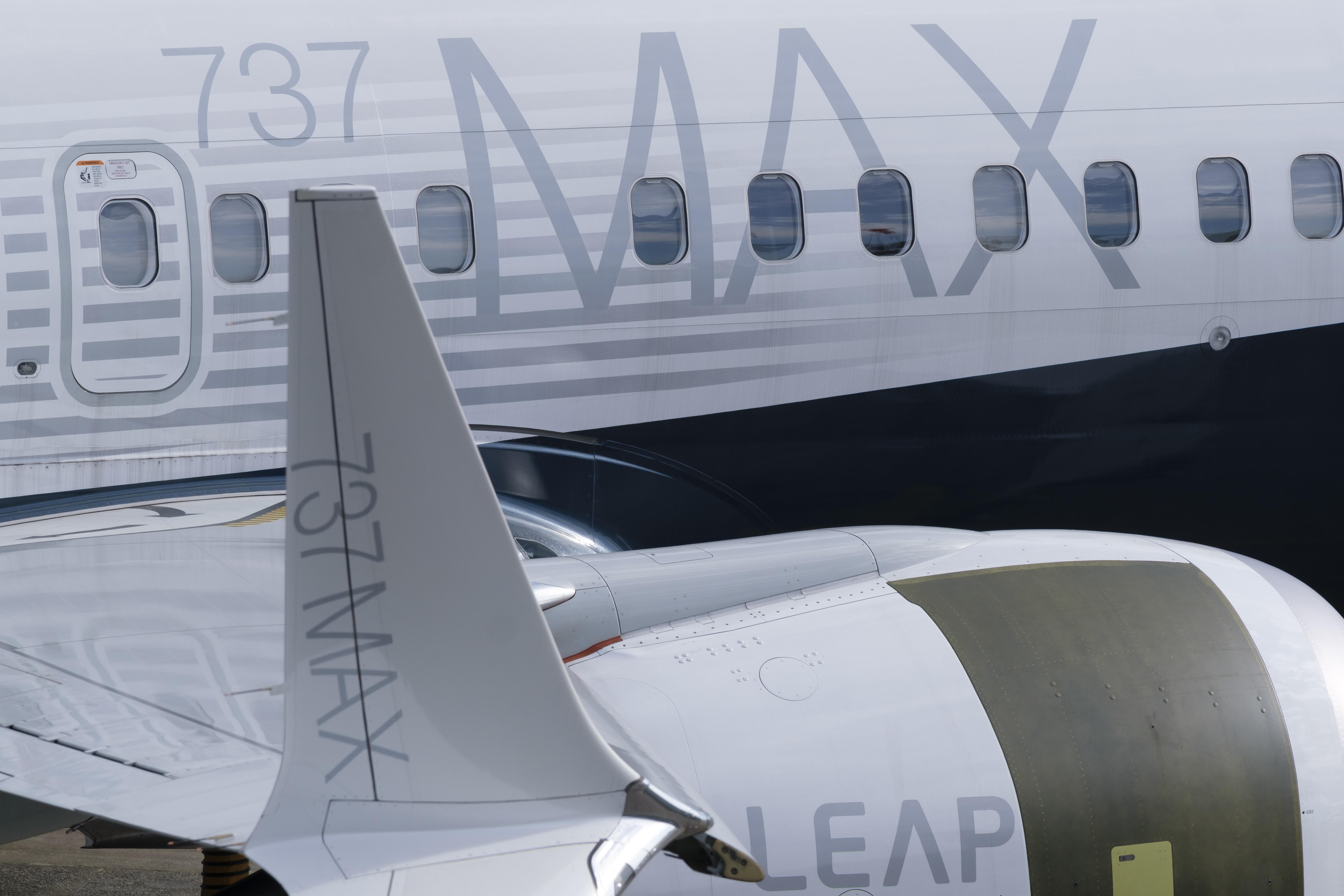Lessors Deferring Payments, Moving Aircraft To Combat COVID-19, MAX Issues

As airlines grapple with capacity shortages created by the Boeing 737 MAX grounding or a sudden over-supply because of COVID-19-related schedule reductions, lessors are supporting their mitigation plans, including matching customers in both categories and moving aircraft between them.
“We’ve got about a dozen carriers in Europe that probably feel that they will not have their summer season made because of the MAX [grounding] that are asking us for aircraft,” Air Lease Corp. President and CEO John Plueger said on a recent earnings call.
“We already are, in fact, very close to taking delivery of two 737-800s, for example, out of China that we already have placed in Europe,” Plueger added.
The MAX’s mid-March 2019 grounding has kept about 800 aircraft out of the global fleet, including 400 built by Boeing but not delivered to customers. While some were slated to replace older models, many were for growth, forcing airlines to cancel flights and dial back growth plans for more than a year.
Current projections have the MAX getting regulatory approvals sometime in 2020, but not until the Northern Hemisphere summer peak travel season is over. The scenario means many carriers will likely make money as fares stay high due to the capacity shortage, but also leave revenue on the table as frequencies and routes are canceled.
Meanwhile, COVID-19-related restrictions are battering Asia’s air service sector. A Feb. 18 status update from the World Health Organization listed 73,300 people with confirmed cases of the virus—99% of them in China—and 1,873 deaths, including three outside China. The situation has led carriers both inside and outside China to cut service and park aircraft.
A Cowen & Co. update on Feb. 18 cited unconfirmed figures that had Chinese New Year traffic down 93% year-over-year, and 75% of the Chinese fleet parked. While some foreign operators can redeploy capacity, airlines with a heavy reliance on the Chinese market have less flexibility, leading to more grounded aircraft.
“We continue to believe it will take at least one year for [Chinese market] traffic to rebound,” Cowen’s Helane Becker wrote. “We have some reports that suggest it will take at least 18 months for traffic to return to normal.”
For lessors with affected customers, the scenario is troubling. “Airlines have stopped flying. They have less cash coming in,” Plueger said. While the largest carriers can withstand a short period of high disruption, “there are some secondary and tertiary carriers that need cash.”
Executives at Air Lease Corp. and AerCap are being flexible, offering everything from deferral of monthly lease payments to offering sale-leaseback deals.
“We’ll probably defer some rents given that their revenue line has obviously fallen significantly, and you’ll probably defer rents for a month or two to help them out on a case-by-case basis,” AerCap CEO Aengus Kelly said. “They’ve been with us for over 40 years, some of them, and of course, we’re going to try and help them through this period.”
Air Lease’s Plueger said “several” customers have asked for “one-to-two month” deferrals of lease payments. “We will probably accommodate that,” he added.
In cases where a lessor’s customers have opposite short-term needs, moving aircraft between them is feasible.
“We have leases already with these airlines,” Air Lease Executive Chairman Steven Udvar-Hazy said. “We have leases on aircraft that we leased to them. The documentation already exists for the majority of the paperwork involved. All we have to do is insert the aircraft involved and the new commercial terms. All of the legal and regulatory insurance issues are already agreed between the airline and us.”
Both Air Lease and AerCap expect to see new MAXs in 2020, but will not have as many as originally planned. Air Lease has 15 in service, and 27 more that Boeing has built but not delivered. Its plan has four deliveries penciled in for this year.
AerCap took delivers of five MAXs before the fleet was grounded and expected 17 more in 2019.
Boeing’s MAX return-to-service plans envision focusing on the backlog of 400 stored aircraft and steadily ramping up the production line. The recovery will leave many airlines short of their projected fleet plans for several years. While COVID-19’s ramifications are not expected to outlast the MAX crisis fallout, their near-term parallel tracks could offer both operators and lessors much-needed flexibility.
“If you’re a smaller or medium-sized airline in China or Asia and you need cash, and we’re about to write you or wire transfer a big check [for an aircraft], you can bet your bottom dollar that transaction will happen expeditiously,” Plueger said.





